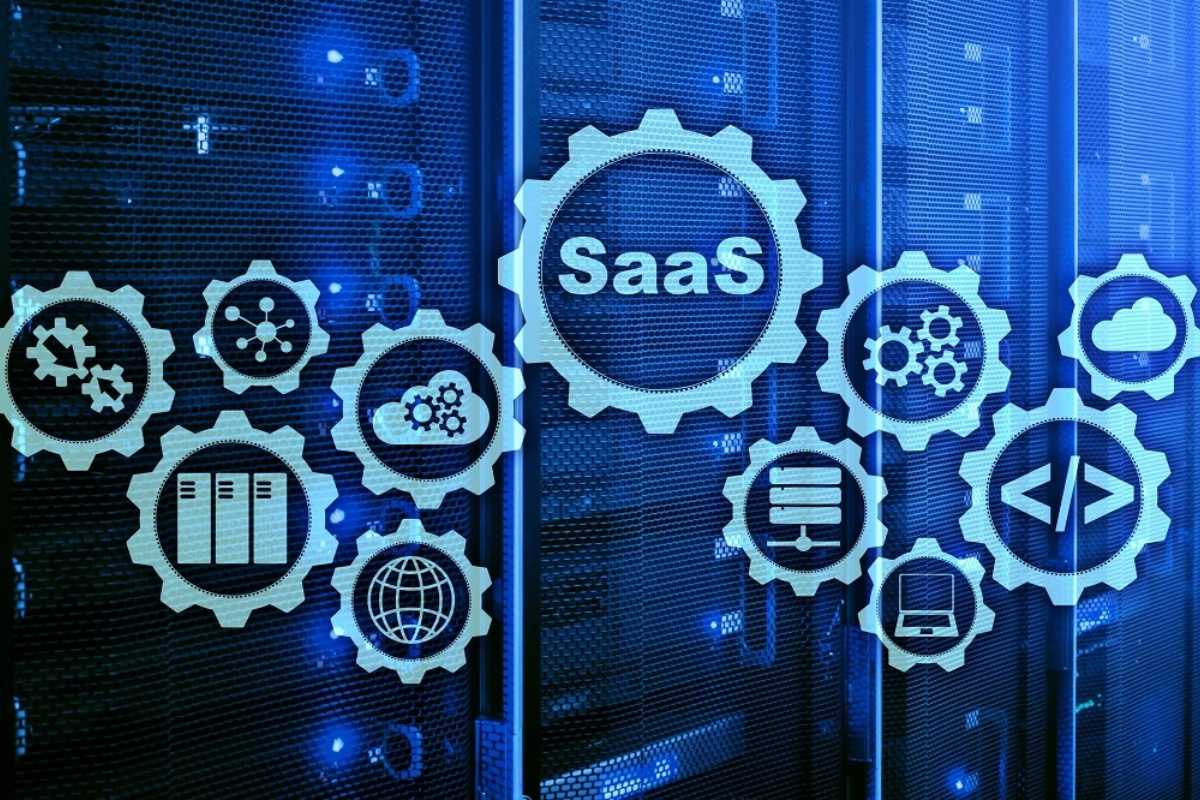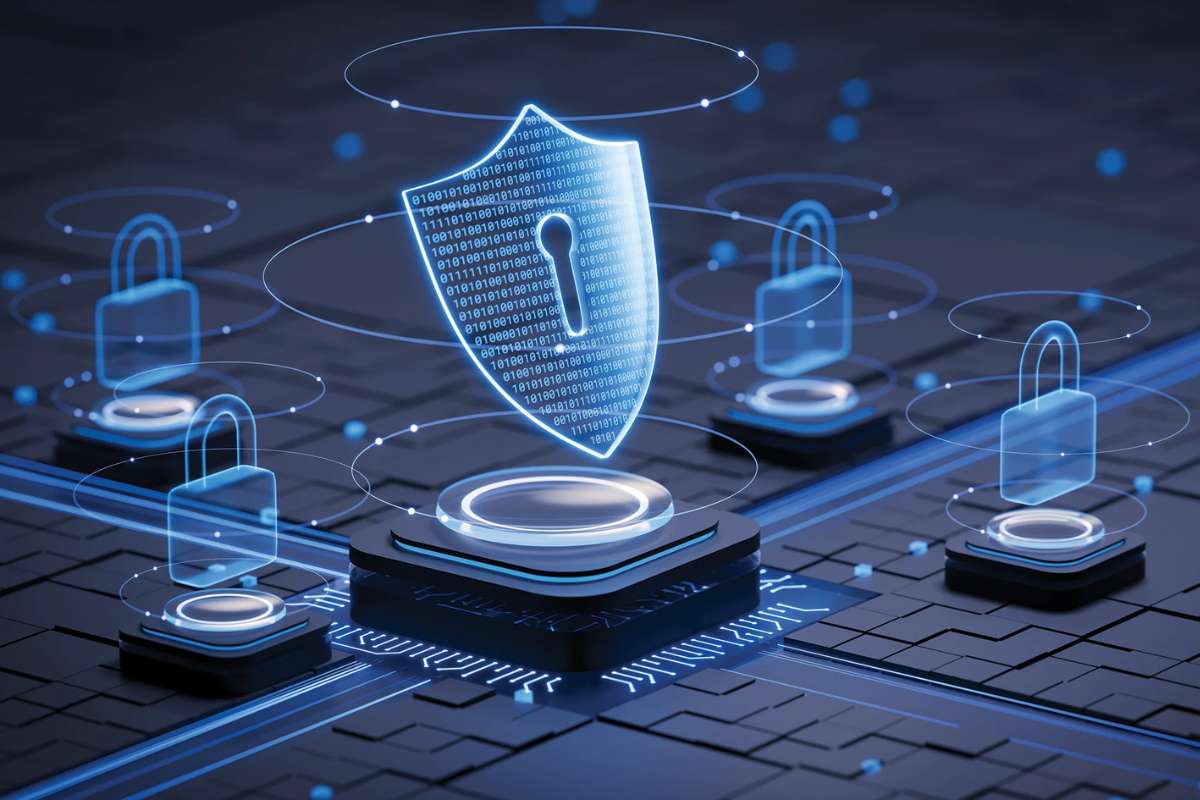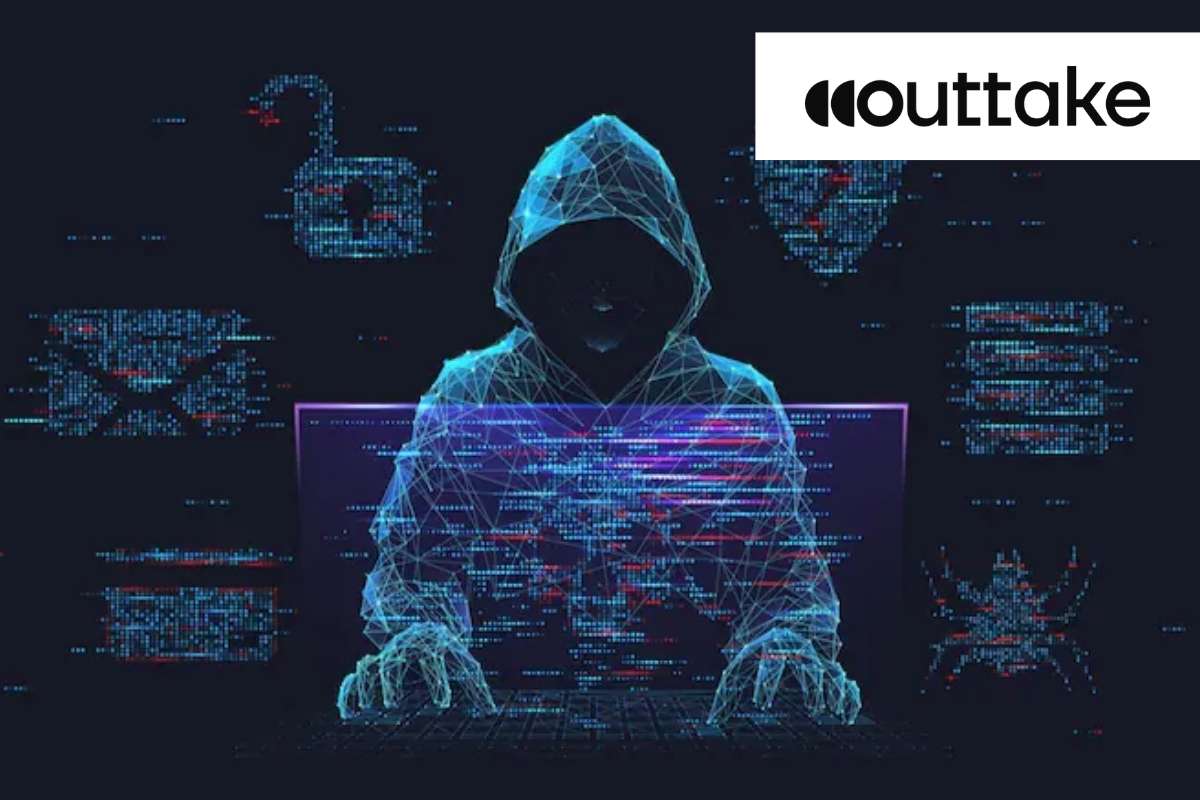Enhanced Security Benefits of SaaS Solutions
Rohan Vaidya, Area Vice-President for India & SAARC at CyberArk, has emphasized the significant security advantages that Software as a Service (SaaS) solutions offer when properly implemented. Contrary to popular belief, Vaidya highlighted that SaaS can effectively manage and secure complex IT infrastructures, providing organizations with enhanced cybersecurity measures. He stated, “Contrary to common misconceptions, SaaS solutions will be helpful in managing complex IT environments.”
According to Rohan Vaidya, the success of SaaS integration hinges on selecting the right partners and maintaining a proactive approach to security and compliance. By centralizing identity and access management through Single Sign-On (SSO), SaaS simplifies the login process and reduces the risk of phishing attacks by minimizing the use of credentials. This approach not only lowers password fatigue but also streamlines user experience, bolstering an organization’s security posture.
Round-the-Clock Security Operations
A recent report titled Orchestrating Multi-Cloud Identities—A Unified Approach to Access Management, co-authored by CyberArk and the Data Security Council of India (DSCI), underlines the benefits of SaaS in cybersecurity. Vaidya pointed out that SaaS providers often leverage 24/7 security operations centers (SOCs) powered by artificial intelligence to detect anomalies and respond to potential threats in real time. This enables swift action, often addressing vulnerabilities within hours or days, which is crucial as many organizations face an average 97-day delay in applying critical security patches.
“SaaS solutions offer scalable security expertise that smaller organizations may find difficult to maintain internally, thus easing the cost and resource burden of advanced cybersecurity,” Vaidya explained. He noted that approximately 60 percent of global banks are expected to adopt SaaS platforms by 2026, which could potentially reduce operational costs by 30 percent. However, the transition is hindered by ongoing security and regulatory concerns.
Challenges and Future Prospects in the SaaS Market
The adoption of SaaS in India’s healthcare and pharmaceutical sectors is projected to surge, potentially reaching $42.13 billion by 2027. Yet, data privacy issues and integration with legacy systems present significant challenges to broader adoption. Vaidya explained that managing different types of identities—ranging from human to application and machine identities—adds layers of complexity to security protocols. “The exponential growth of these identities, combined with diverse authentication methods, creates potential security vulnerabilities,” he stated.
To address these challenges, SaaS solutions offer centralized identity management, multi-factor authentication, and robust governance capabilities. Vaidya underscored the importance of fostering a pervasive culture of security. “Until and unless it becomes a culture of security in our minds, in our everyday life, we would always be at risk with new technology and innovations,” he remarked, stressing the need for security to be ingrained in organizational practices.
The conversation around SaaS solutions as a strategic tool for cybersecurity is evolving, with experts like Vaidya advocating for the careful selection of providers and continuous attention to security measures. As organizations strive to secure their IT environments, SaaS could serve as a cornerstone for modern cybersecurity strategies.






